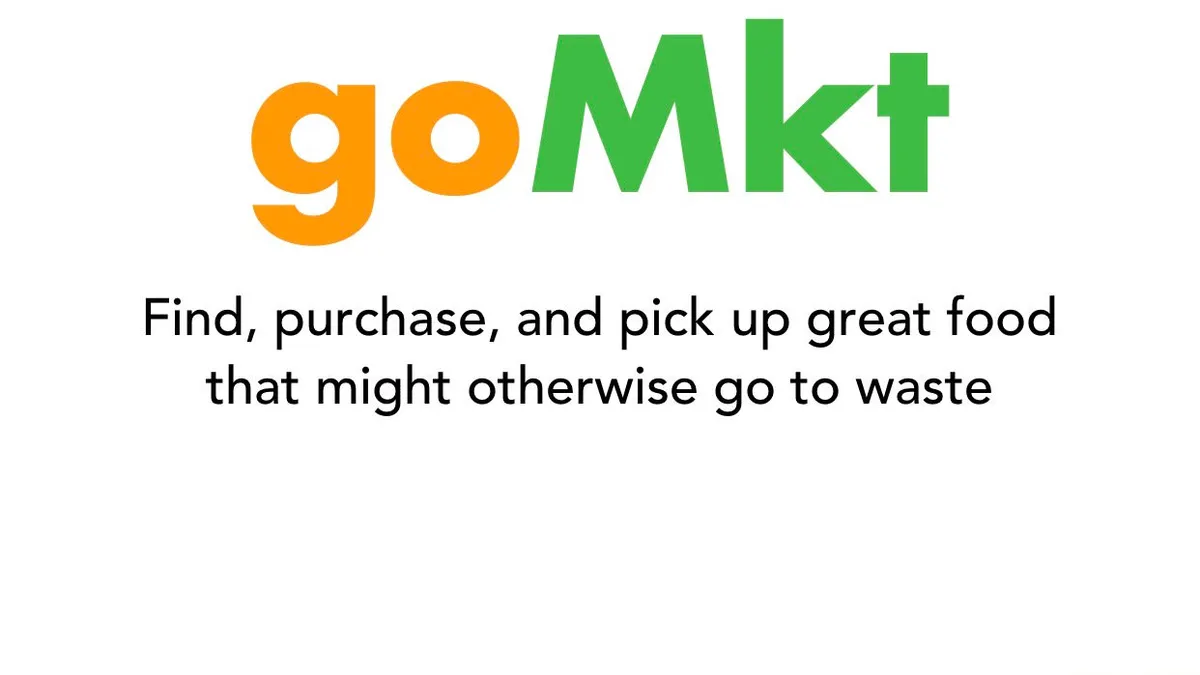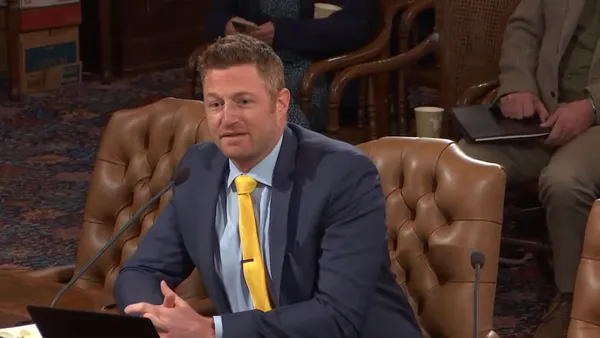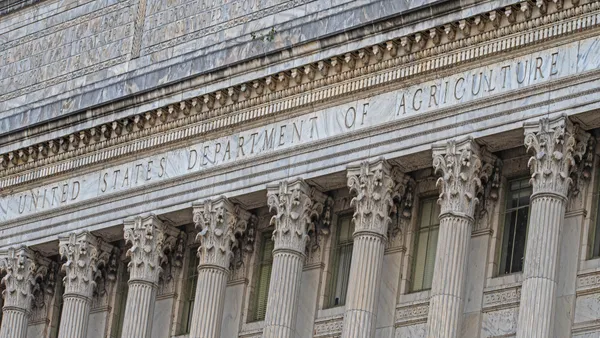Dive Brief:
- A new mobile app, goMkt, is launching this week in New York City to connect consumers with restaurants, grocers, cafes and other food service businesses which have excess food product. Retailers can offer "flash sales" to consumers when they have excess food product or if that product is about to pass a "best by" or "use by" date. Users purchase products through the app before picking them up at a retailer.
- In an interview with Waste Dive, founder Matt Holtzman said that the business-to-consumer platform was just the beginning. "We're going to create a marketplace for larger food businesses," Holtzman said. "This will be transacting larger volumes of food and organics." He said this could be connecting food businesses with composters, anaerobic digestion facilities or charities and that the business-to-business platform could be ready in 3-5 months.
- As time goes on and goMkt is able to get more buy-in, Holtzman said he wants the app to expand past New York — though he was not entirely sure by how much. "This is a national problem, and we are absolutely interested in making as big an impact as we possibly can," he said.
Dive Insight:
Right now, Holtzman and his team are working on onboarding shops and restaurants before going live, though the app is already available for download. Between food waste fairs and competitive microgrants from the local government, the city is no stranger to organics initiatives — so the relatively friendly market, with consumers familiar with organics diversion, could help goMkt take off.
To grow from a business-to-consumer platform to one that also operates business-to-business, Holtzman said, they have to "be able to identify partners, whether that's another store, whether that's a composter, whether that's someone with an anaerobic digester who's making biogas, whether that's animal feed, basically we want to bring all those channels together and make it as seamless as possible to do something with that [excess product]."
Food waste is a hot topic in the waste industry, and there are no shortage of ideas for creative solutions. While municipalities grapple with developing organics collections programs (in areas as populated as New York and as small as Boise, ID), players in the private sector can step in to offer alternatives to tossing excess food in the trash. Those solutions can offer significant financial benefit — food waste and organics can be processed into biogas to be sold for electricity or turned into compost, which can also be sold.
By connecting those with excess food to consumers or businesses and charities that could directly benefit from that food product, goMkt is closely following the food recovery hierarchy. Additionally, this mobile-first approach could help engage a younger demographic in diverting food waste — which may be especially important for the industry going forward, as surveys have shown that millennials are less engaged than other groups in waste issues.














